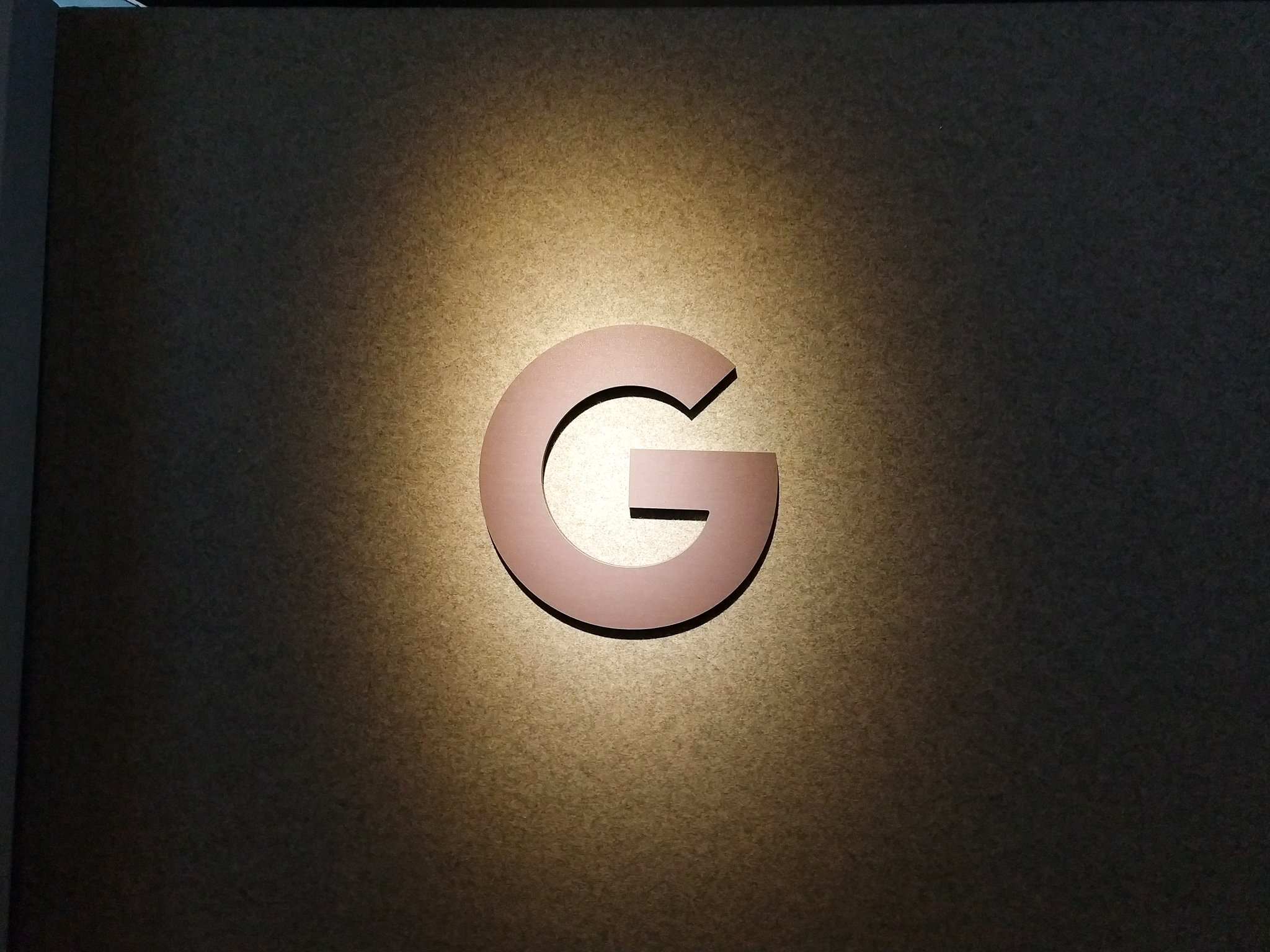New antitrust bills signal big changes for Google, Amazon, Facebook, Apple

What you need to know
- U.S. House lawmakers introduced several new bills that target companies like Apple, Google, Facebook, and Amazon.
- The new bills could weaken the dominance of Big Tech and make it harder to purchase other companies or engage in mergers.
- The legislation aims to hold "unregulated Big Tech monopolies accountable for anti-competitive conduct."
U.S. lawmakers have introduced five new draft bills that take aim at the biggest names in tech, particularly Amazon, Apple, Facebook, and Google. The bills seek to weaken these companies' economic grip in the world.
Rep. David N. Cicilline introduced the new antitrust legislation, saying the goal is to level the playing field between the largest companies and everyone else. "Right now, unregulated tech monopolies have too much power over our economy. They are in a unique position to pick winners and losers, destroy small businesses, raise prices on consumers, and put folks out of work."
The five bills would represent the largest push from lawmakers to regulate the power of the Big Four, which have a combined net worth of roughly $2 trillion and even greater market capital.
One bill, the "Platform Competition and Opportunity Act," would make it harder for Big Tech companies to buy out their competition. This is something that companies like Facebook have been accused of, particularly as it pertains to WhatsApp and Instagram. The "Merger Filing Fee Modernization Act" also introduces the first update to merger filing fees in two decades, making it more expensive to file the appropriate paperwork.
Two of the bills, the "American Innovation and Choice Online Act" and the "Ending Platform Monopolies Act," will further limit the dominance of these companies by prohibiting them from giving their own products and services preferential treatment over competitors that rely on the same services, a move that would likely affect Amazon the most. Amazon was recently hit with an antitrust lawsuit that claims the company is not being fair to third-party retailers. The bills would make it illegal for companies to offer a "product or service that the covered platform requires a business user to purchase or utilize as a condition for access to the covered platform."
Lastly, the "Augmenting Compatibility and Competition by Enabling Service Switching (ACCESS) Act" will require companies to make it easier for businesses and consumers to switch platforms through increased interoperability.
The new legislation follows a 16-month investigation into how companies like Google and Facebook operate, finding that they all hold unfair monopolies. The bills are being introduced to give consumers more freedom of choice and signal major changes on the horizon for Big Tech, which are all being faced with new legislation in other regions like the EU, Australia, and India.
Be an expert in 5 minutes
Get the latest news from Android Central, your trusted companion in the world of Android
Google, whose software powers all of the best Android phones, is already dealing with pushback on its efforts to improve online privacy, due to fears that it will just strengthen the company's hold on the internet. The new legislation also comes just before Amazon's Prime Day later this month, which the company has touted as a big help for small businesses.
The bills must pass a vote in the House Judiciary Committee before being presented to the full House and eventually the Senate.

Derrek is the managing editor of Android Central, helping to guide the site's editorial content and direction to reach and resonate with readers, old and new, who are just as passionate about tech as we are. He's been obsessed with mobile technology since he was 12, when he discovered the Nokia N90, and his love of flip phones and new form factors continues to this day. As a fitness enthusiast, he has always been curious about the intersection of tech and fitness. When he's not working, he's probably working out.
